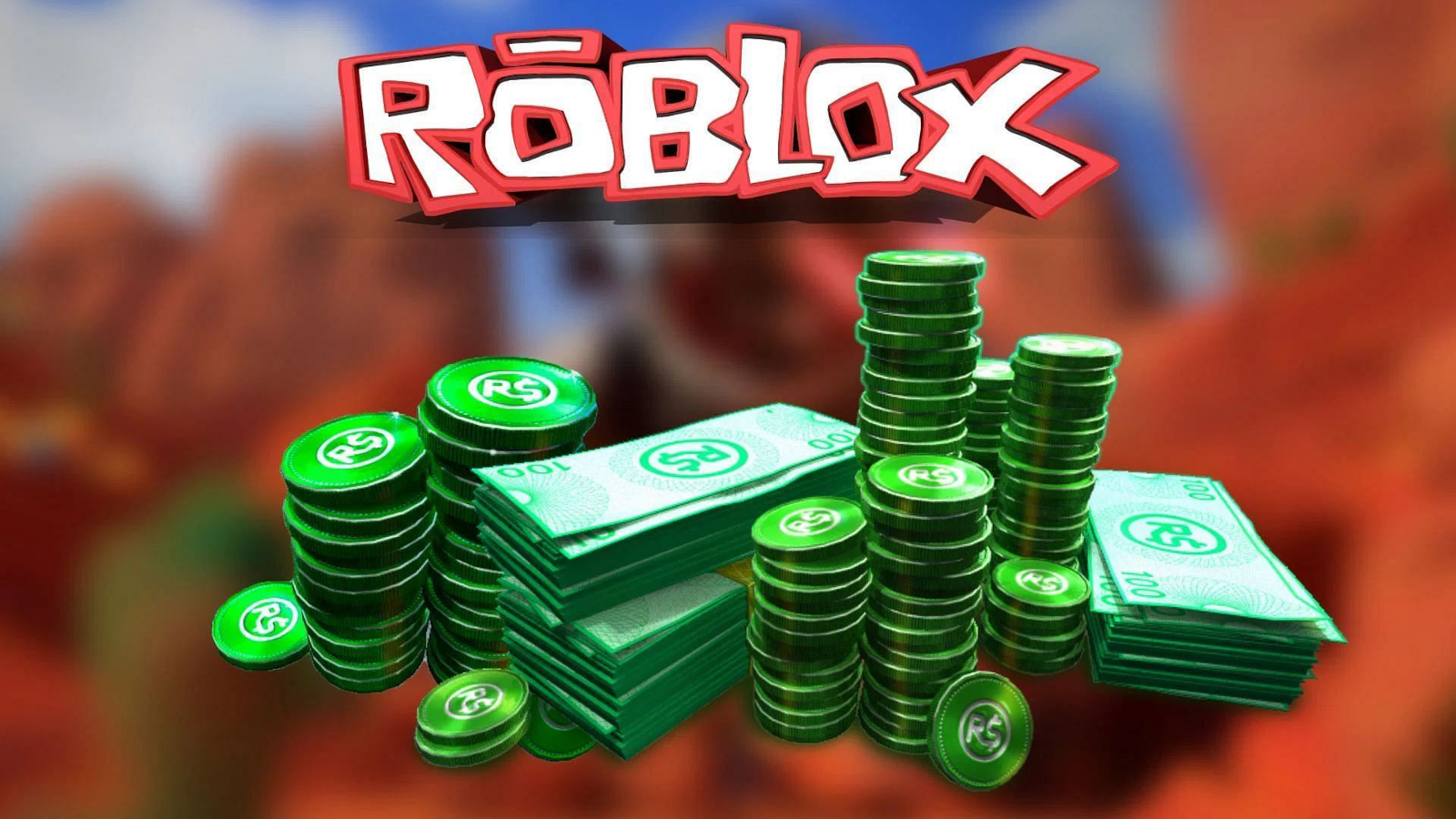Seven Major Game Companies Accused Of Tricking Players Into Overspending By The European Consumer Organization
The group recommends banning in-app paid currencies or restricting access for minors.

We’re all familiar with them, the games where you can’t just buy an item outright. Rather, you have to buy a sum of in-game currency – which is always too much or too little for the item you want – and end up spending more than the item you’re trying to buy is worth. Sure, now you have spare currency on your account, but if you don’t want that to go to waste, you’re going to have to buy more of it to purchase other in-game items. It’s a great tactic if you’re a game developer who wants to make a lot of money.
As you’d expect, not everyone is okay with it. It’s a pretty sure bet most adult gamers would be happier just buying the thing they want outright. Parents would rather their kids aren’t effectively being scammed by giant companies – particularly because it’s their money.
Enter the European Consumer Organization (BEUC), in conjunction with the European Commission and the European Network of Consumer Authorities, who filed a complaint against Epic Games, Electronic Arts, Roblox, Activision Blizzard, Supercell, Ubisoft, and Mojang Studios. The complaint accuses them of using paid in-game currencies to “trick” consumers into overspending.
To address this, the BEUC recommends one of two options – banning in-game and in-app paid currencies or prohibiting access to them for minors. They also suggest that consumer’s legal rights be better outlined.
Of course, the big focus here is children. As the complaint notes “premium in-game currencies are purposefully tricking customers and take a big toll on children.” It goes on to note that companies are purposefully using tricks to get younger players to spend more.
The organization representing major game companies in Europe – Video Games Europe – responded to the complaint in a statement to TechCrunch saying that “the purchase of in-game currencies is a well-established practice, and well understood by players” and that their members “always respect European consumer laws in how they offer [those] purchases”.
Their statement ends with “The PEGI Code of Conduct requires developers to ensure that the real-world cost is clear and unambiguous at the point of purchase of the in-game currency.”
I don’t think anyone will argue that the cost of the currency itself isn’t clear. It’s how the item you actually want to buy (because no one’s buying the currency just to have the currency) translates to real-world money that’s the issue. It's not an issue the companies are likely inclined to address considering that their “self-regulation” of things like loot boxes have been found to be wanting.
Related Articles
- "Do Average Gamers Actually Buy MMO Season Passes?" And Other Season Pass Questions I'm Curious About
- It Still Hasn't Been Officially "Revived," But Heroes Of The Storm Has Released On Game Pass With 30 Free Heroes
- Tencent Just Spent Over $1 Billion To Own 25% Of A New Ubisoft Subsidiary Focused On 3 Key IPs
About the Author

QuintLyn is a long-time lover of all things video game related will happily talk about them to anyone that will listen. She began writing about games for various gaming sites a little over ten years ago and has taken on various roles in the games community.
More Stories by QuintLyn BowersRead Next

They’re just one of the new Season 3 additions.
You May Enjoy

These themes make the fight.

The feature will leave testing and head to live servers in Update 35.1.

There's always something that needs to be done.

Will we still see all of these? Any of these? I certainly hope so!
what a sad achievement these devs have made . blatant extortion of kids pocket money.
Roblox is a terrible place that sucks up kids into its trap.
Roblox then goes onto manipulating with forms of greed, allowing older teens to then feed/manipulate the tiny tots into their greed run training rooms.